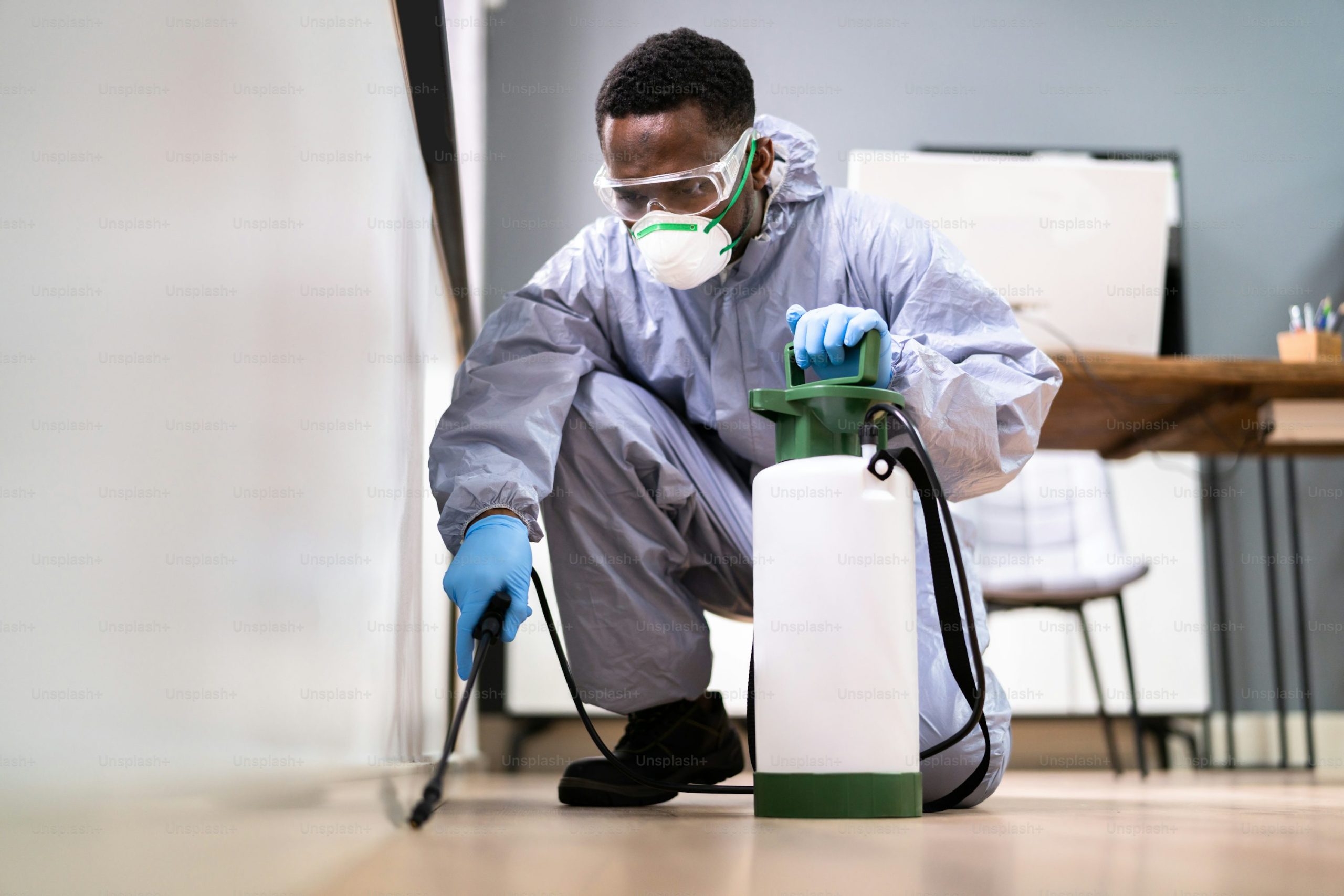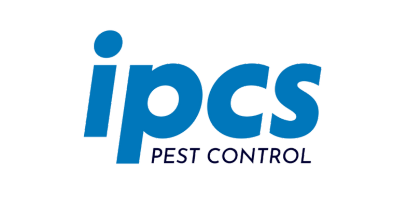
IPCS Pest Control—Your Partner in Sustainable Pest Management.
Effective pest control is essential for maintaining healthy and safe environments in both residential and commercial settings. One of the most sustainable and comprehensive approaches to pest control is Integrated Pest Management (IPM). In this blog, we’ll explore what IPM entails, its benefits, and how IPCS Pest Control implements this strategy to provide effective pest management solutions.
What is Integrated Pest Management (IPM)?
Integrated Pest Management (IPM) is an ecosystem-based strategy that focuses on long-term prevention and control of pests through a combination of techniques. These include biological, cultural, mechanical, and chemical methods, all applied in a manner that minimizes economic, health, and environmental risks.
Key Components of IPM:
- Biological Control: Utilizing natural predators, parasites, or pathogens to manage pest populations. For example, introducing ladybugs to control aphid infestations.
- Cultural Control: Implementing agricultural practices that reduce pest establishment, such as crop rotation, intercropping, and maintaining proper sanitation to eliminate pest habitats.
- Mechanical Control: Using physical methods like traps, barriers, or manual removal to reduce pest numbers. This can include installing window screens to keep insects out or using traps to capture rodents.
- Chemical Control: Applying pesticides judiciously and as a last resort, focusing on targeted treatments that minimize harm to non-target organisms and the environment.
Benefits of Integrated Pest Management
- Environmental Protection: By reducing reliance on chemical pesticides, IPM helps protect ecosystems and biodiversity.
- Health Safety: Minimizing pesticide use reduces the risk of exposure to harmful chemicals for humans and pets.
- Economic Efficiency: Preventing pest infestations through IPM can lead to cost savings by avoiding extensive damage and the need for large-scale chemical treatments.
- Sustainable Solutions: IPM promotes long-term pest management strategies that are sustainable and adaptable to changing environmental conditions.
IPCS Pest Control’s Approach to IPM
At IPCS Pest Control, we are committed to implementing IPM strategies to provide effective and environmentally responsible pest management services.
Our IPM Implementation Steps:
- Assessment: Conducting thorough inspections to identify pest species, population levels, and potential entry points.
- Monitoring: Regularly tracking pest activity to determine the most effective control methods and to detect any changes in infestation levels.
- Control Methods: Employing a combination of biological, cultural, mechanical, and chemical controls tailored to the specific pest problem, ensuring minimal environmental impact.
- Evaluation: Assessing the effectiveness of the implemented strategies and making necessary adjustments to improve future pest management efforts.
Conclusion
Integrated Pest Management offers a holistic and sustainable approach to pest control, emphasizing prevention, environmental responsibility, and long-term effectiveness. By adopting IPM practices, IPCS Pest Control ensures that our clients receive comprehensive pest management solutions that safeguard their health, property, and the environment.
If you’re interested in learning more about our IPM services or need assistance with pest control, please contact IPCS Pest Control for a consultation.


